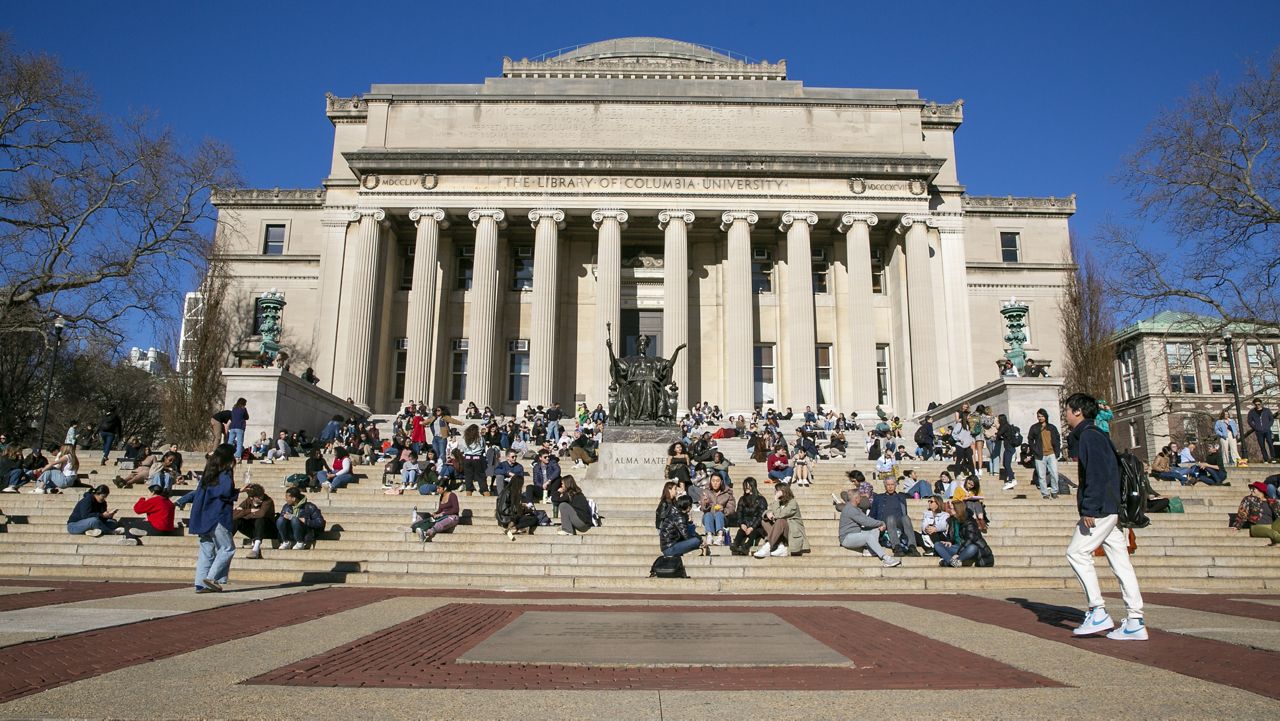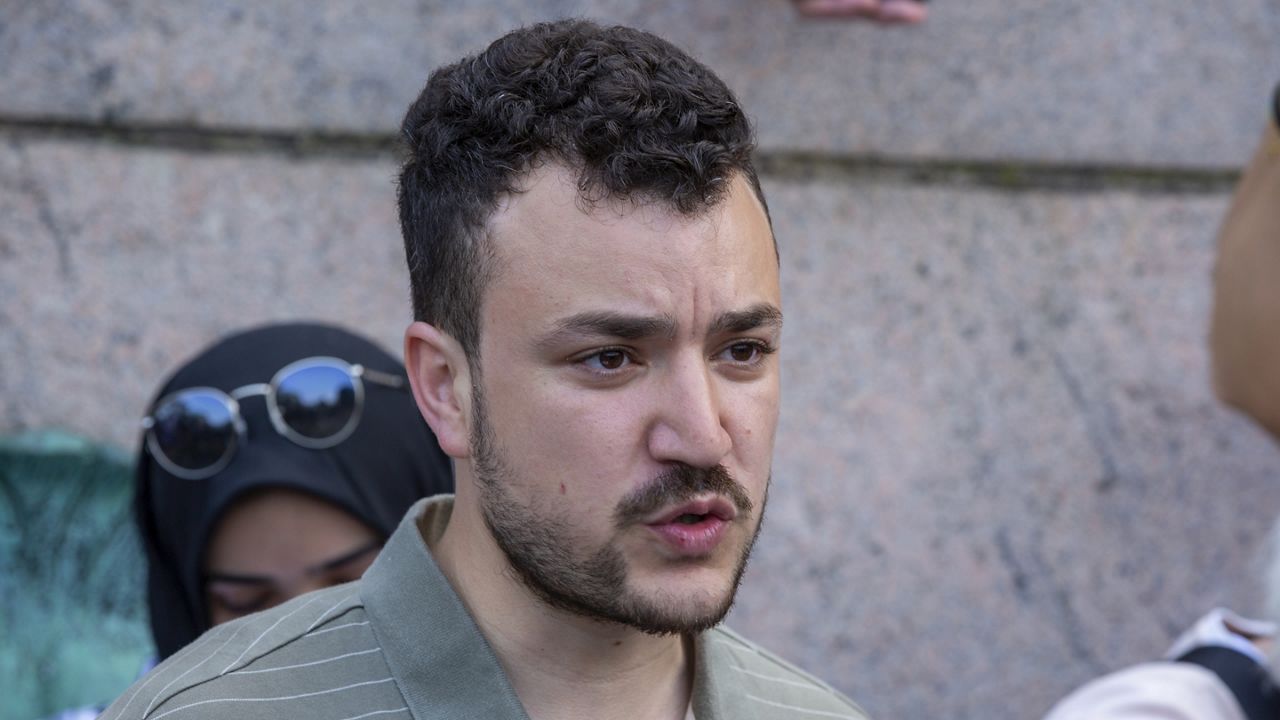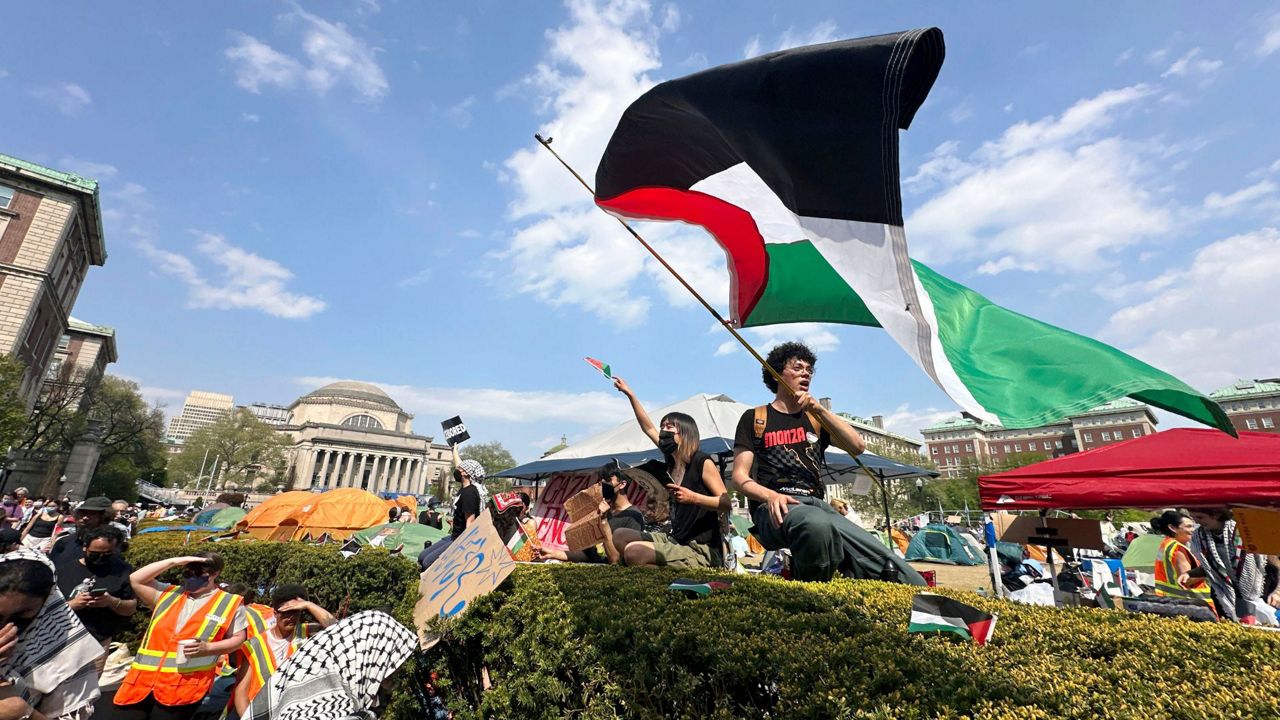BROOKLYN, N.Y. - Critiquing lines of code with new classmates, Laisha Calalpa says she feels more confident building a career in computer science.
As an undocumented Latina from a low-income family, she says it can be hard to imagine working in the tech sector.
“Anyone coming from a predominately minority background, an inner city or urban community, you don’t necessarily know how to get your foot in the door. And you don’t necessarily feel all the time that you belong in that world,” said Calalpa, a Marcy Lab School Student.
According to one study, African-Americans make up nearly 12 percent of all workers but not even 8 percent of those in computer and mathematical occupations. The disparity is even greater for Hispanics. The founders of the Marcy Lab School in Bedford-Stuyvesant backed by funding from community organizations, corporations and non-profits, are hoping to improve those numbers.
"The Marcy Lab School is an experiment in the future of post-secondary education. Our mission is to break the cycles of generational poverty," said Marcy Lab School Co-Founder, Reuben Ogbanna.
The school just began its inaugural year with a dozen black and Hispanic students promising them free tech training, leadership courses and apprenticeships.
It's intended as an alternative to college, giving students from low-income neighborhoods training for tech careers with firms like Google, Microsoft and JP Morgan Chase without having to take on staggering debt.
"It’s our mission to just put them on the paths, get their foot in the door so they can start earning the same amount of money that their peers from different sectors are without necessarily needing to take out the mortgage of a degree that it comes with,” said Maya Bhattacharjee, Marcy Lab School Co-Founder.
20-year-old Devonte Duncan of Crown heights Brooklyn is part of the inaugural class. He says putting college on hold to spend the next year here is a calculated financial move.
“In my first semester of my third year, I took out a $2,000 loan and I kind of just realized that this route of education is just completely unsustainable for me personally,” said Devonte Duncan, a Marcy Lab School Fellow.
The Marcy Lab School hopes to expand, eventually serving 500 young people over the next five years. Future students will be charged a modest tuition based on their income levels.







_CGPK_Mn_Columbia_Students_Chained_CG)

